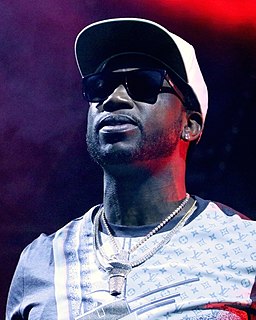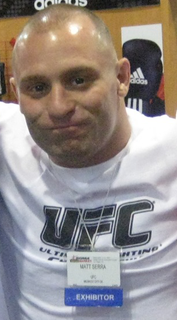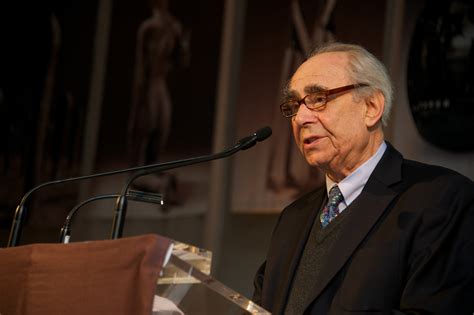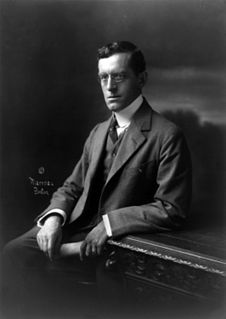A Quote by Arthur Helps
No doubt hard work is a great police agent. If everybody were worked from morning till night, and then carefully locked up, the register of crime might be greatly diminished. But what would become of human nature? Where would be the room for growth in such a system of things? It is through sorrow and mirth, plenty and need, a variety of passions, circumstances, and temptations, even through sin and misery, that men's natures are developed.
Quote Topics
Agent
Become
Carefully
Circumstances
Crime
Developed
Diminished
Doubt
Even
Everybody
Great
Greatly
Growth
Hard
Hard Work
Human
Human Nature
Locked
Locked Up
Men
Might
Mirth
Misery
Morning
Nature
Natures
Need
Night
No Doubt
Passions
Plenty
Police
Register
Room
Sin
Sorrow
System
Temptations
Then
Things
Through
Till
Up
Variety
Were
Work
Worked
Would
Would Be
Related Quotes
If your love leads to misery, it was from the ego. If your love leads to a beautiful benediction, a blessedness, it was from nature. If your friendship, even your meditation, leads you to misery, it was from the ego. If it were from nature everything would fit in, everything would become harmonious. Nature is wonderful, nature is beautiful, but you have to work it out.
The rest and the spell of sleep in the middle of the day refresh the human frame far more than a long night. We were not made by Nature to work, or even to play, from eight o'clock in the morning till midnight. We throw a strain upon our system which is unfair and improvident. For every purpose of business or pleasure, mental or physical, we ought to break our days and our marches into two.
I think if I were reading to a grandchild, I might read Tolstoy's War and Peace. They would learn about Russia, they would learn about history, they would learn about human nature. They would learn about, "Can the individual make a difference or is it great forces?" Tolstoy is always battling with those large issues. Mostly, a whole world would come alive for them through that book.
But if men would give heed to the nature of substance they would doubt less concerning the Proposition that Existence appertains to the nature of substance: rather they would reckon it an axiom above all others, and hold it among common opinions. For then by substance they would understand that which is in itself, and through itself is conceived, or rather that whose knowledge does not depend on the knowledge of any other thing.
In the old days when I first was coming up, you would turn up on set in the morning with your coffee, script, and hangover and you would figure out what you were going to do with the day and how you were going to play the scenes. You would rehearse and then invite the crew in to watch the actors go through the scenes. The actors would go away to makeup and costume and the director and the DP would work out how they were going to cover what the actors had just done.
Will," she said softly, sleepily. "Last night--" You were kind to me, she was going to say. Thank you. The glare from his blue eyes stabbed through her. "There was no last night," he said through his teeth. At that, she sat up straight, almost awake. "Oh, truly? We just went right from one afternoon on through till the next morning? How odd no one else remarked on it. I should think it some miracle, a day with no night--
Later on, when I tried to imagine how I might have ruined things, that would occur to me - that I'd so rarely resisted, that I hadn't made it hard enough for him. Maybe it was like gathering your strength and hurling your body against a door you believe to be locked, and then the door opens easily - it wasn't locked at all - and you're standing looking into the room, trying to remember what it was you thought you wanted.
If we knew that we would meet the Lord tomorrow - through our premature death or through His unexpected coming - what would we do today? What confessions would we make? What practices would we discontinue? What accounts would we settle? What forgivenesses would we extend? What testimonies would we bear? If we would do those things then, why not now?
If the outer world is diminished in its grandeur, then the emotional, imaginative, intellectual, and spiritual life of the human is diminished or extinguished. Without the soaring birds, the great forests, the sounds and coloration of the insects, the free-flowing streams, the flowering fields, the sight of clouds by day and the stars at night, we become impoverished in all that makes us human.








































